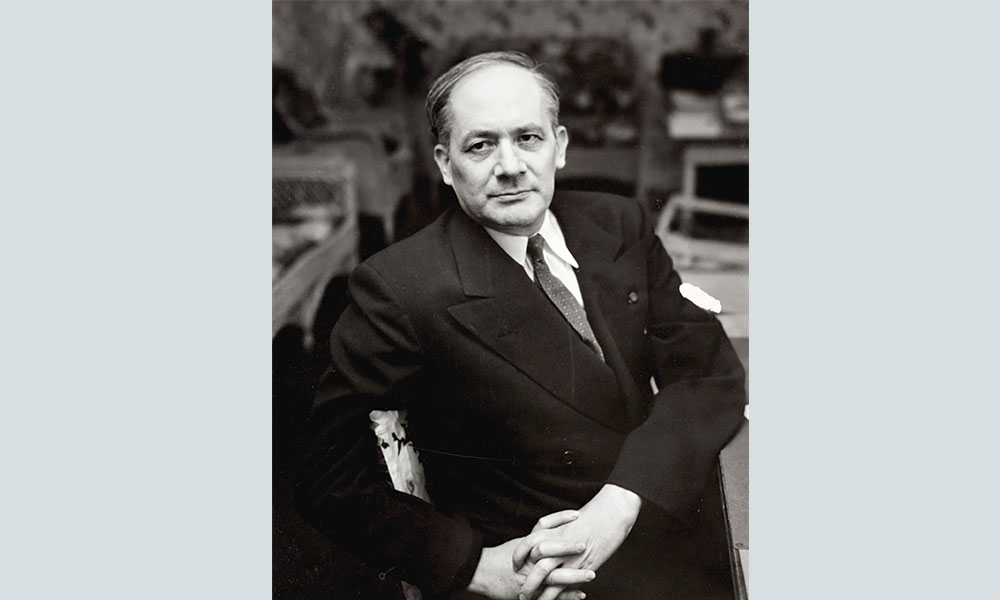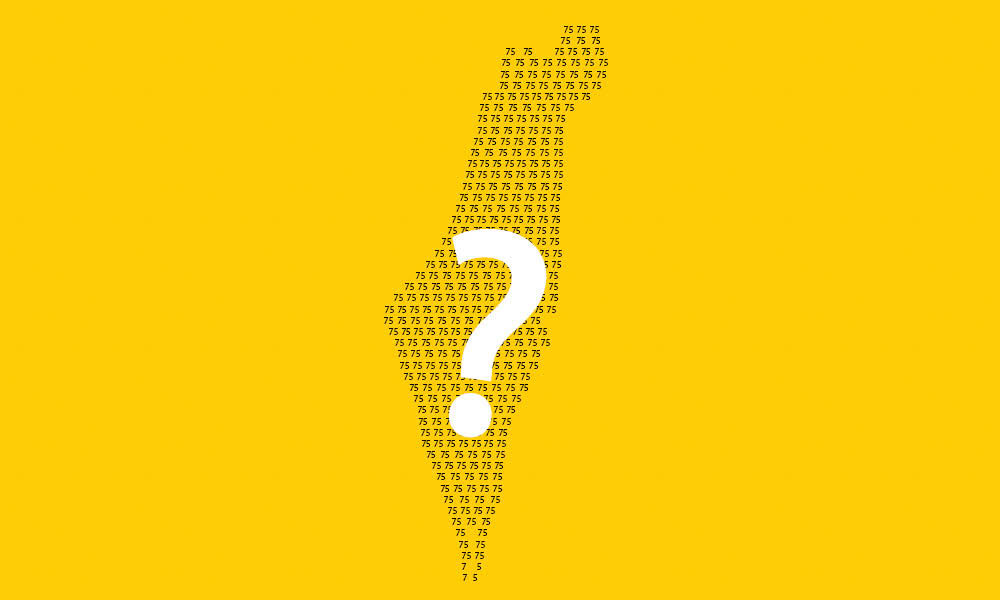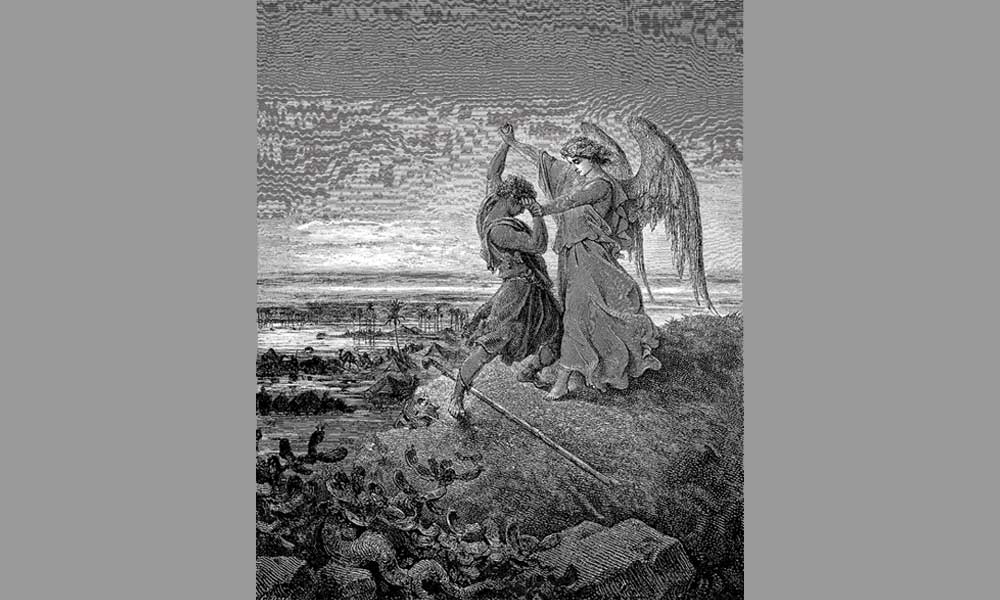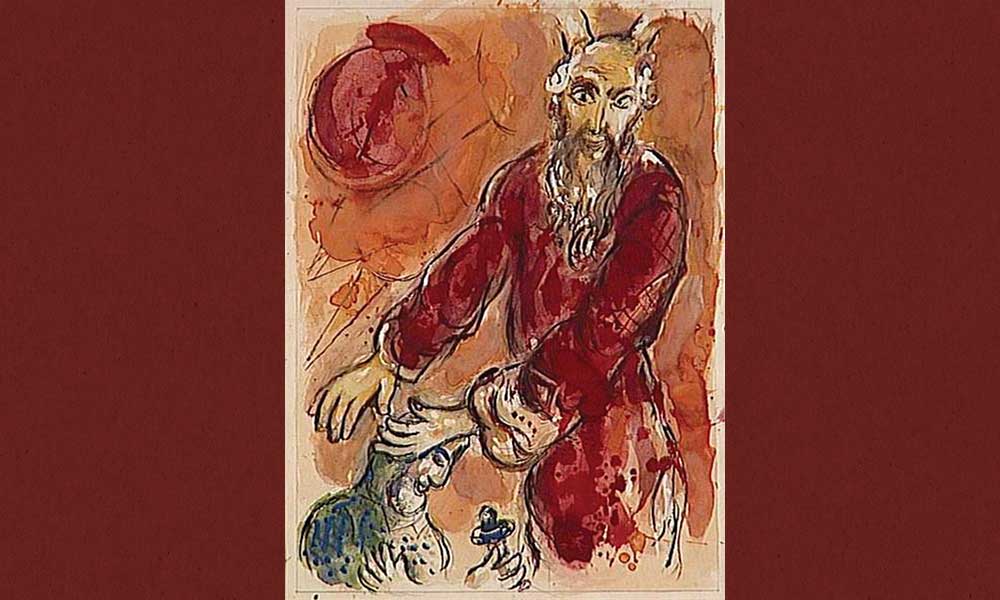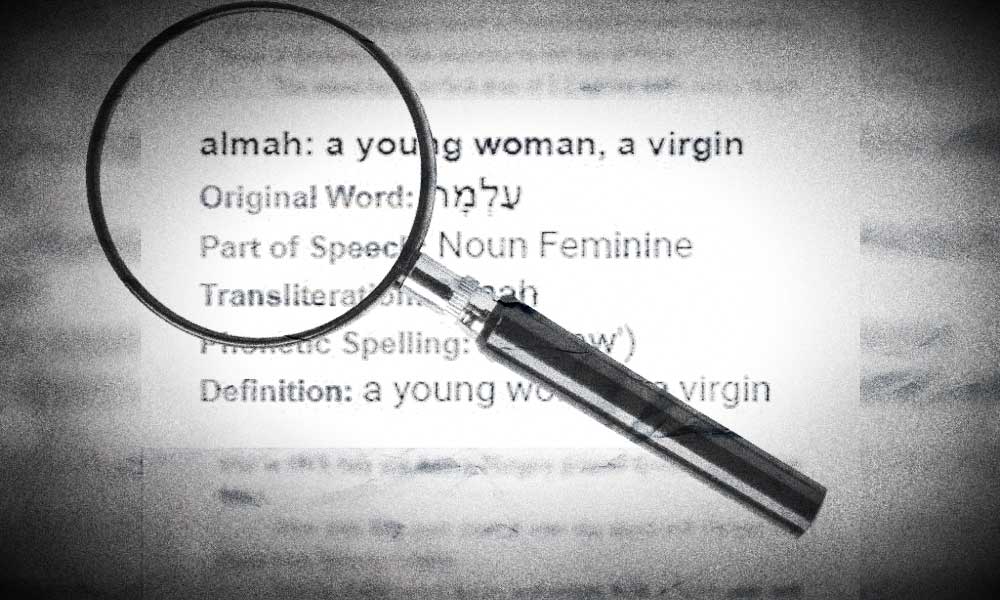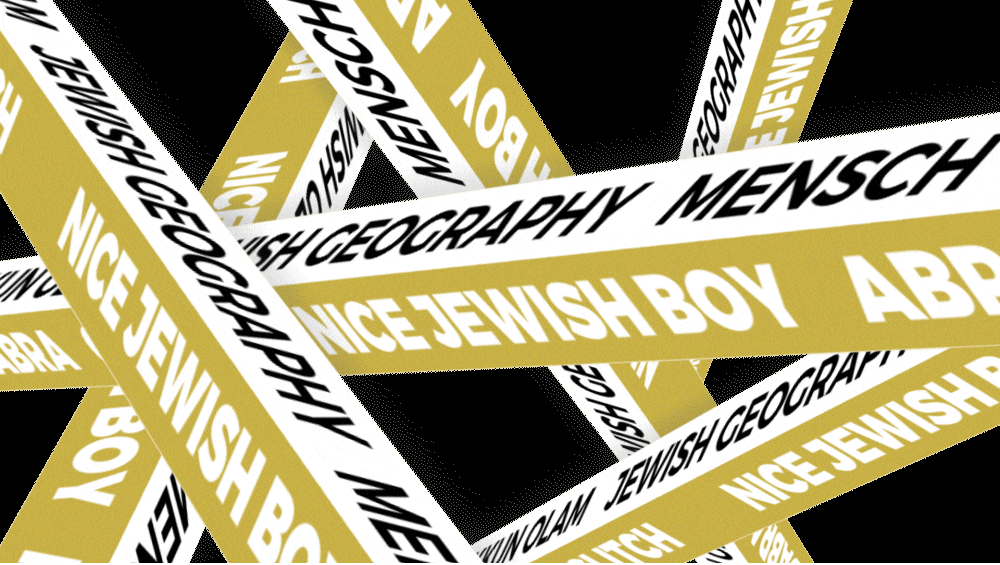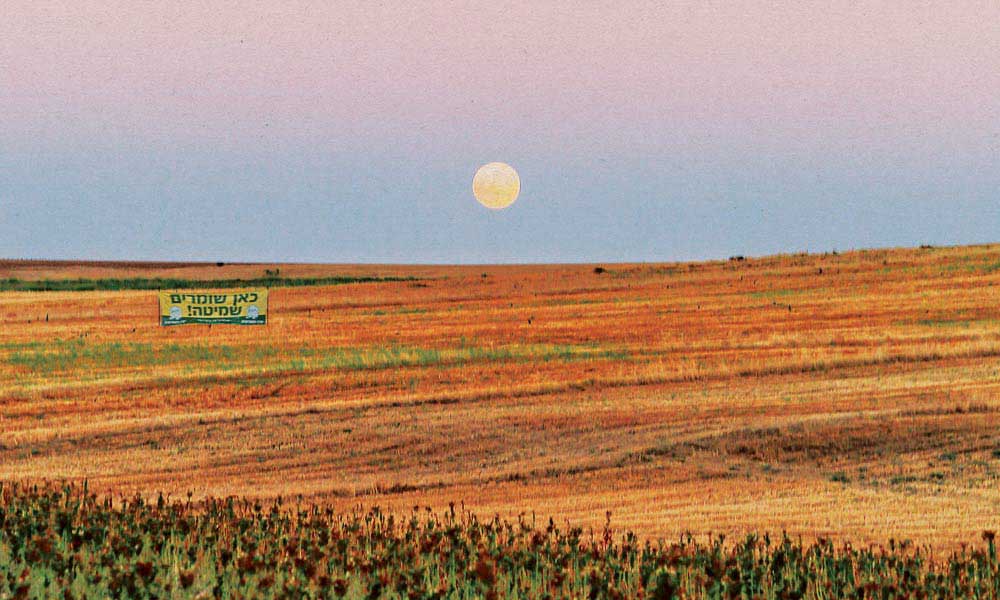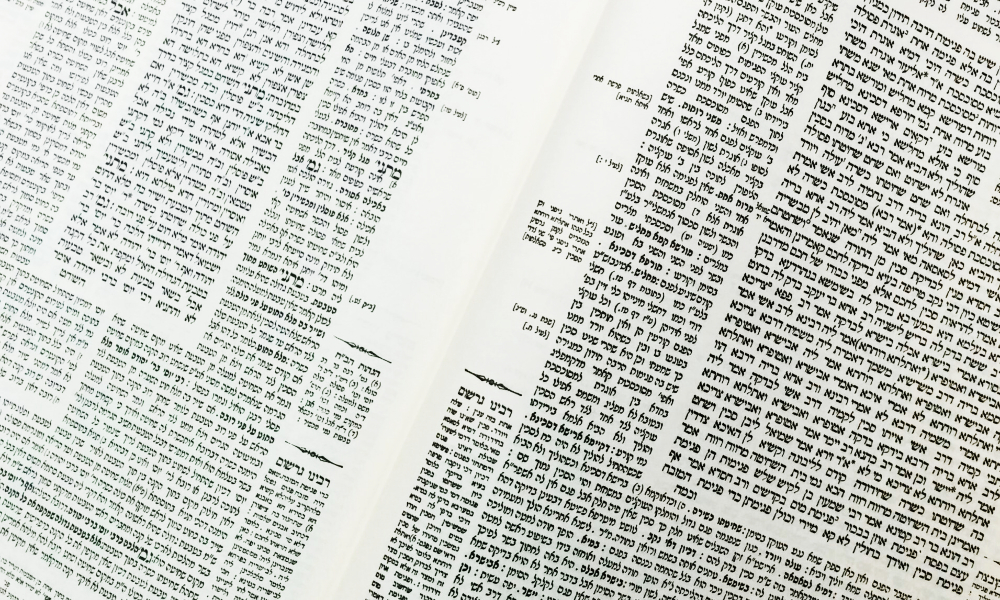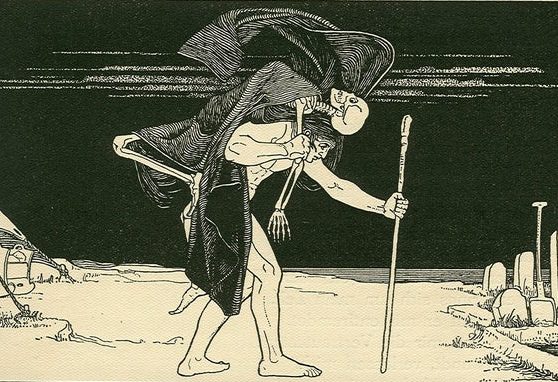Since October 7 and the subsequent Israel-Hamas war, the word genocide has been used liberally by parties on both sides of the conflict. ...
In 1970 The New York Times ran an article about the secret language of New York City police officers. ...
In 2012, days after the mass shooting at Sandy Hook Elementary School that killed 20 children and six adults, historian Garry Wills wrote an impassioned essay in The New York Review of Books. ...
That Israel’s existence is miraculous is clear—as every respondent made sure to let us know—but the rest, like everything in Judaism, is up for debate. ...
Israel was not considered as a name for the new Jewish state until late in the deliberations. ...
How did a word that means "leaning" become the way to describe the act of becoming a rabbi? ...
After working for seven years at a Jewish parenting website, Molly Tolsky wanted to create a space for an audience she herself identified with: young Jewish women focusing on careers and their place in the world who weren’t necessarily thinking about marriage or children. ...
Technology inexplicably fails us often enough that we need a word for the occasion. ...
Seders all over the world this Passover will end with the words L’Shanah Ha Ba’ah b’Yerushalayim—“Next year in Jerusalem.” ...
Flapping proudly in fallow fields, large green and yellow banners in rural Israel proclaim: Kan Shomrim Shmita (“Here We Keep Shmita”). ...
More often than not, the word “Talmudic” isn’t about the Talmud. ...
A Ghost from Our Past by Sala Levin Fans of the film-making, Minnesota-bred brothers Joel and Ethan Coen were transported
...
